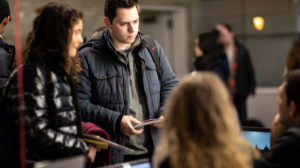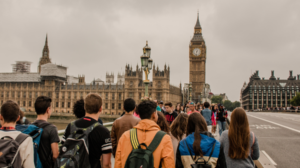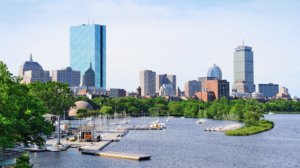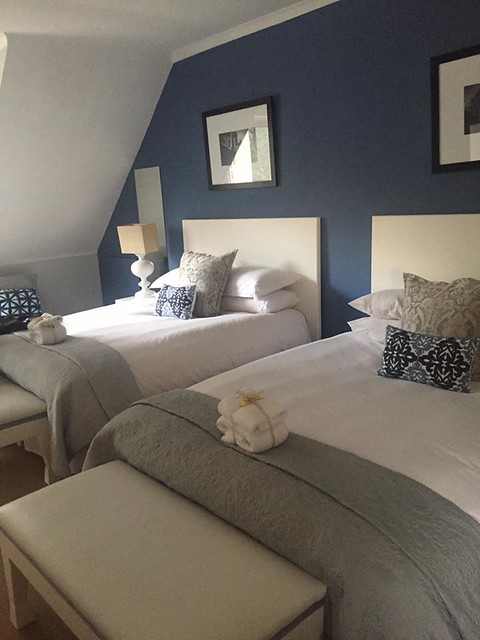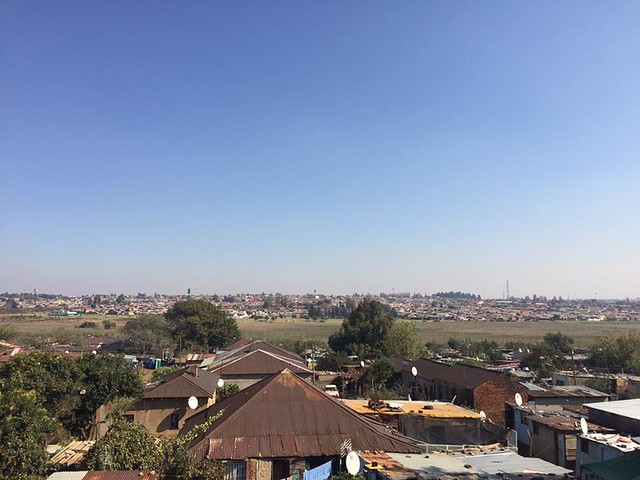The Right to Housing: Discomfort and Connections
A central theme of my program of study is space and social exclusion. In the context of the apartheid construction of racially segregated cities, the 1994 establishment of the Republic of South Africa produced a constitution which ensure the right to housing, freedom, and security. In the essence of these rights and the work to restore the dignity of the oppressed Black majority, public and private revitalization projects have characterized the last decade of spatial changes in Johannesburg. Apart from dignity and signifying heritage through commercial and tourist development in South Africa, development speaks to the desire to be a “global city” in South Africa and the gateway of the continent.
As a university student studying these themes, I am conscious of my space and engagement with developed communities in Joburg. The program is currently housed at Life on 3rd, a bohemian bed and breakfast located in the suburb of Melville. Melville is a vibrant student-centered community centrally located to restaurants, shops, and cafes. Though the rooms are lavishly beautiful and breakfast is tasty, internal conflict can exist between the accommodation and the sites in which I engage with during the day. This past monday our group visited Soweto investigating questions of housing, township tourism, and redevelopment.
Soweto was a township used during the apartheid to house blacks and keep them out of the white city. It served as a site of student uprising in 1976 and brought national attention to the apartheid struggle. Currently there are issues with service delivery and housing development that meets the population needs. Today it is a space of gross poverty and income inequality most evident through the establishment of informal settlements and backyard homes. The government’s housing reform policies at large focus heavily on eradication of slums rather than establishment of temporary and permanent housing solutions which is disgruntling. How do you establish housing development that restores dignity to an oppressed people and centralizes sustainability? How can a young republic live up its creed of dignity, equality, and freedom? Leaving with more questions than answers, it’s been powerful engaging with the young Sowetans working to empower local business and homeowners, transforming infrastructure through difficult and important means. Engaging in questions of housing inequity on the bus ride back to Life on 3rd was discomforting but reifying of my appreciation of my upbringing and the sacrifices my parents made as Nigerian immigrants to establish a life and a home of comfort in the U.S.
Since it’s early on in the trip I also reflect on the connections I’ve made so far. As one of the few Black students on this trip, my analysis comes from the lense of black empowerment and restoring dignity for the oppressed. I am learning to engage with those who know a varied amount on social justice and community development. Connections form with facilitation of comfort and trust between group members and I look forward to how dialogue will evolve over time. I look forward to this engagement with classmates from many majors and backgrounds, finding friends to learn, grow, and establish truly memorable experiences in South Africa.

